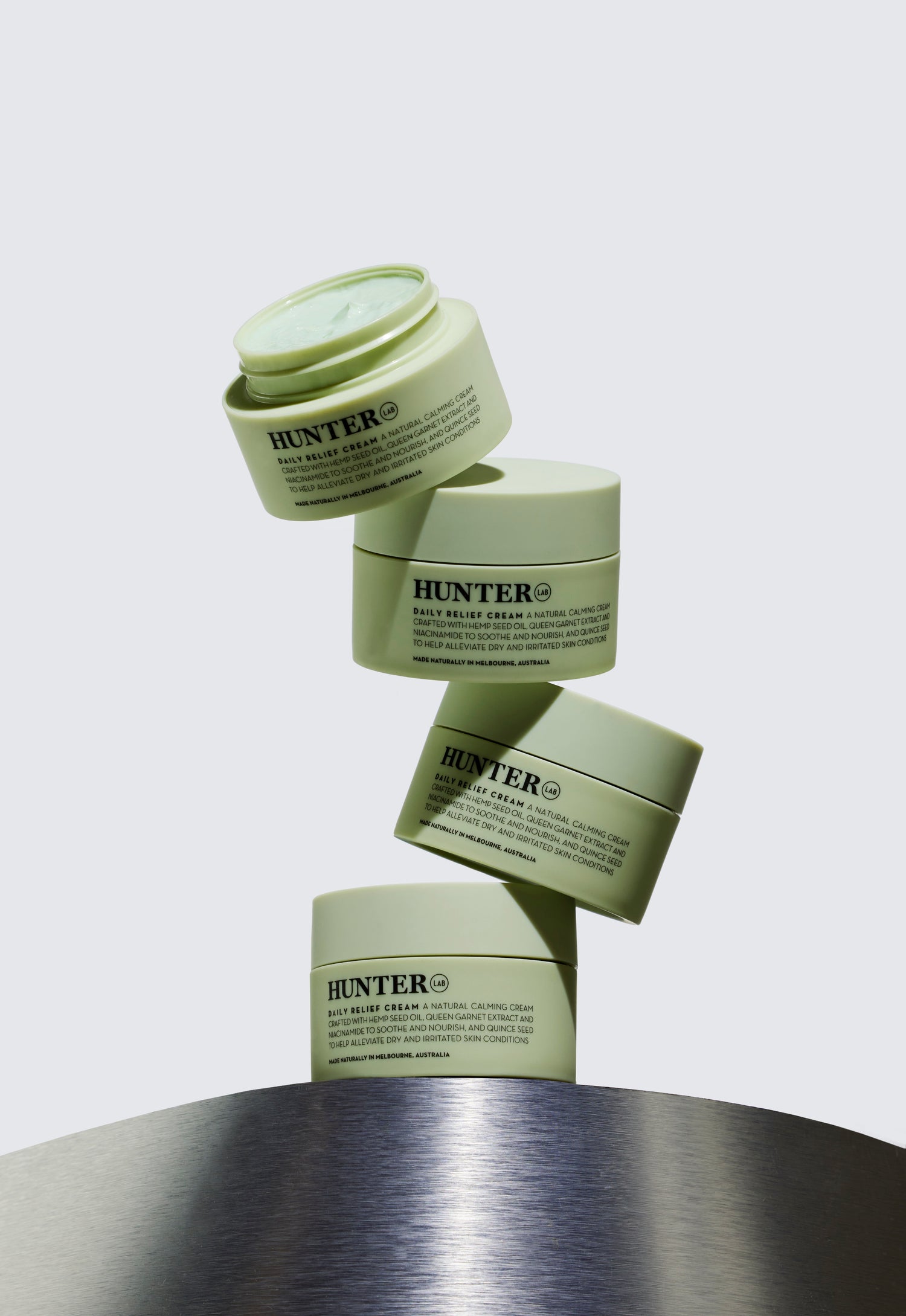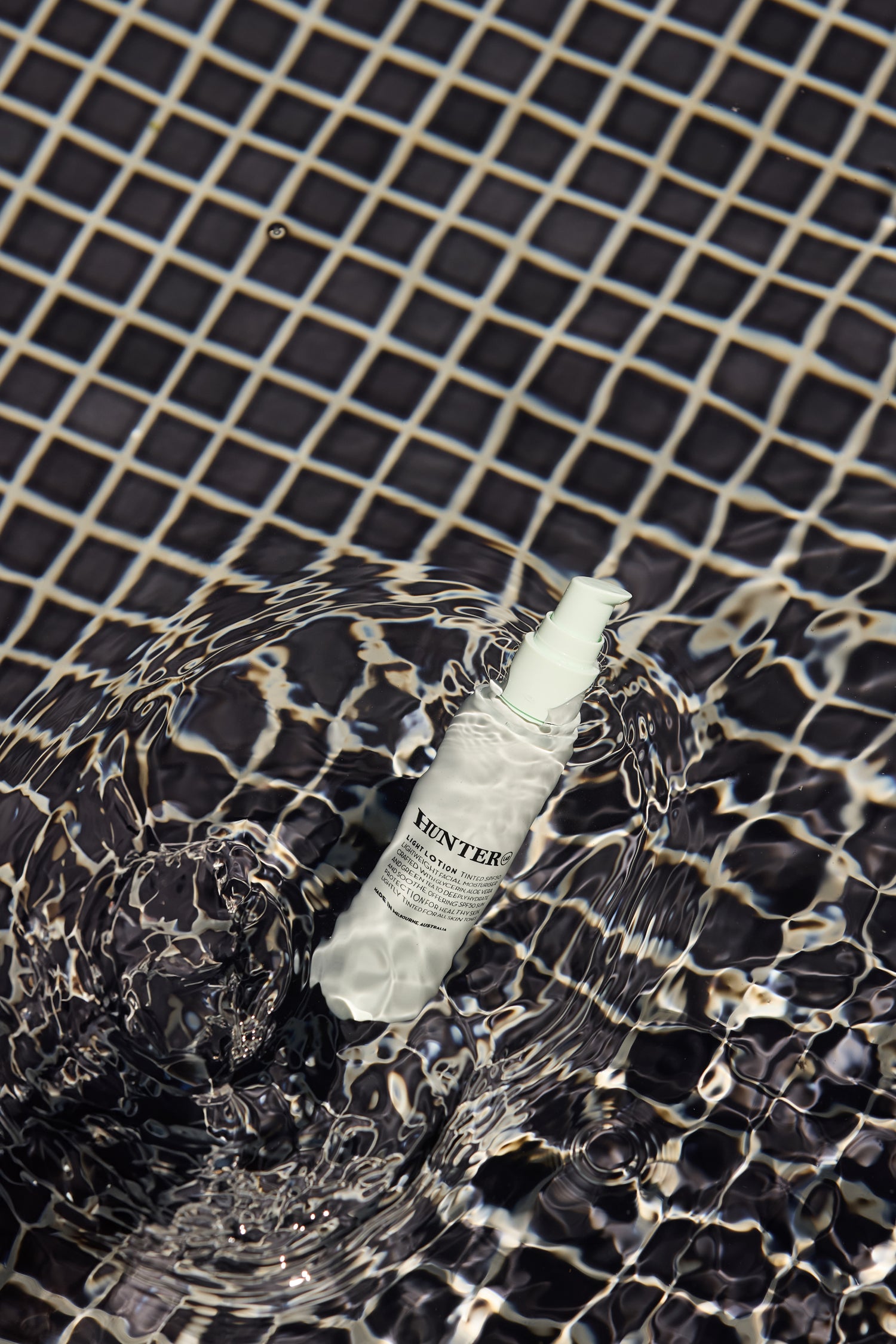There’s so much literature out there on what to do, when to do it and what to use. There are choices at every turn, and it can be overwhelming. Like anything, the best course of action is to make an informed decision, and that involves reading the right information
Today we’re tackling the most important decision you’ll make when choosing your skincare brand – natural vs synthetic ingredients
Great news; you’re starting a skincare routine at the right time because you have a choice on what you can use. In the not too distant past the only options available were cheap, mass produced synthetic brands, or incredibly expensive cosmeceutical formulations. Now, with the rapid advancements in green-chemistry, and the focus of some brands on ethical and sustainable practices, natural skincare has become one of the most effective options, and we’ll tell you why
Our skin is our largest organ, and acts as our protective barrier to the world outside our bodies. It regulates our temperature, allows us to feel pleasure and pain, and helps us absorb vital moisture and nutrients. As much as our skin serves us, it also places our greater health at risk too – studies suggest upwards of 60% of what our skin is exposed to can be absorbed into our body, which can end up in our bloodstream and our organs. Not only environmental pollutants, but what we put on topically too
That’s why it’s vital to control what you can; skincare should only benefit the skin, but can often be counterproductive
The goal of daily skincare use is to clean the skin, by removing the things that build up like dead skin and bacteria, hydrate, nourish with beneficial vitamins and minerals, and protect. However, when we use cheap products filled with synthetic ingredients our bodies notice the foreign compound and attempt to eradicate it, rather than benefit from it. That’s when you’ll notice your skin may become irritated. When our skin fights these ingredients, it exposes us to further pollutants, free radicals, dryness and sensitivities that then weaken our skin, create cell damage and impact ageing and overall skin health
That’s why it’s vitally important to only apply ingredients the body will benefit from, and avoid the ingredients which add no value to the body
Because of our shared biocompatibility with the plant world, natural ingredients are incredibly beneficial to our skin because our bodies absorb them faster, and into deeper layers of our skin. Rather than sitting on the skin and blocking pores, they are absorbed deeper into the dermis, allowing the skin to breathe and to benefit from the nutrients
Hunter Lab skin specialist Chris Mesh says using ingredients that enrich our skin’s health is key – “It is of utmost importance to support skin health with optimal nutrition, just as we would our diets. If you’re invested in staying healthy from the inside out, the same ideology must apply from the outside in,” he explains.
Chris goes on to explain that, “the bio-availability of natural ingredients are far greater than anything synthetic. Our skin recognises these compounds, knows how to metabolise them and responds accordingly. By opting for an all-natural skincare routine you are minimising the impact that chemical compounds have on the skin and the potential inflammation associated with this.”
Synthetic ingredients, or ‘filler’s, have played a big part in the skincare industry for many years for a number of reasons. Originally because they were the only option available. More recently because they are cheaper, more accessible and offer better ‘pleasure of use’ – they make formulations feel softer, smoother, silkier, they help them bubble more, and often offer instant gratification and results
But now there are alternatives which as safer, and more effective. And because you’ve decided to invest your previous time and money into a routine to improve the health of your skin, and the evolution of your appearance, it makes sense to choose a brand which focuses on absolute efficacy in the ingredients it uses
Hunter Lab choose the highest quality naturally derived ingredients to craft its skin health tools so you can be assured they are doing what we say they do, without doing what we say they shouldn’t
To highlight the benefits of natural extracts, oils and actives, we’ve outlined some of the key beneficial ingredients Hunter Lab harnesses
Avocado Oil
“Avocado Oil is a powerhouse of essential fatty acids, antioxidants, vitamins and minerals,” says Chris. It is rich in many nutrients craved by the body, such as vitamin A and D, Lecithin and Potassium. It is also a fantastic moisturiser for dry skin, and helps to sooth and calm skin conditions such as eczema.
Violet Leaf Extract
This is used to treat skin conditions such as acne, skin ruptures and other skin ailments. Extracts made from these flowers have strong anti-oxidative properties that fight free radicals, which can lead to cell DNA damage if left untreated.
Passionfruit Seed Oil
Also known as Maracuja Oil, this wonder oil is rich in Vitamin A, B, C, calcium and phosphorus and is packed with antioxidants and essential fatty acids. It contains anti-inflammatory and healing properties to help repair skin damaged from acne, ageing or sun exposure. It also helps to brighten the skin and reduce the appearance of fine lines and wrinkles.
Activated Charcoal
Drawing bacteria, dirt and other micro-particles to the surface of your skin, charcoal is an effective exfoliator. By deeply cleansing the skin, this ingredient will help to clear up acne, as well as balance out any oiliness, leaving it feeling smooth and clear.
Ingredients To Avoid
Still not convinced about the benefit and importance of natural skincare? That’s OK – we’ll keep working on you. But for now, as a minimum, make sure you choose skincare products which don’t include any of the following skin irritating synthetic ingredients:
Parabens, Silicons, SLS, DEA, TEA, MEA, phthalates, petroleum by-products, sulphates, synthetic colours, parabens, glycols and digiglycols such as propylene glycol, aluminum and alcohols



